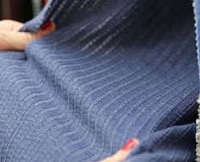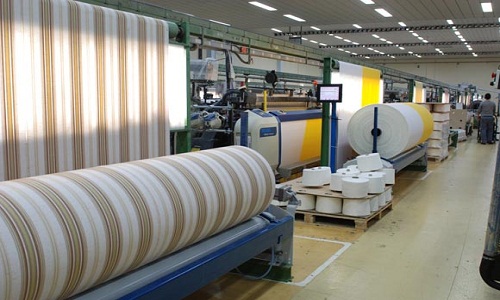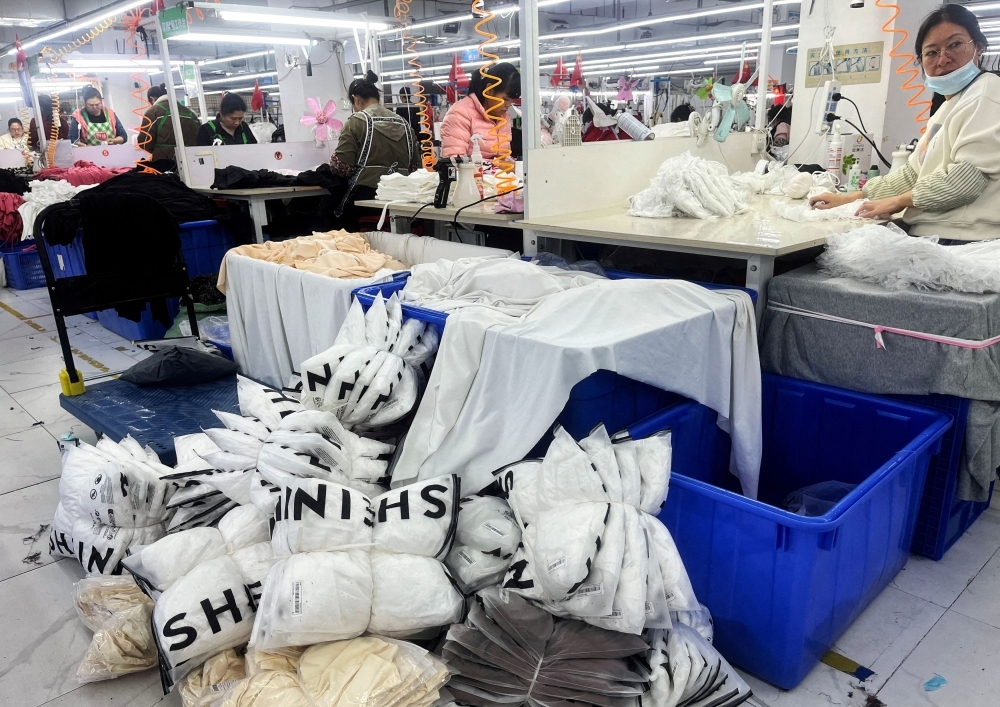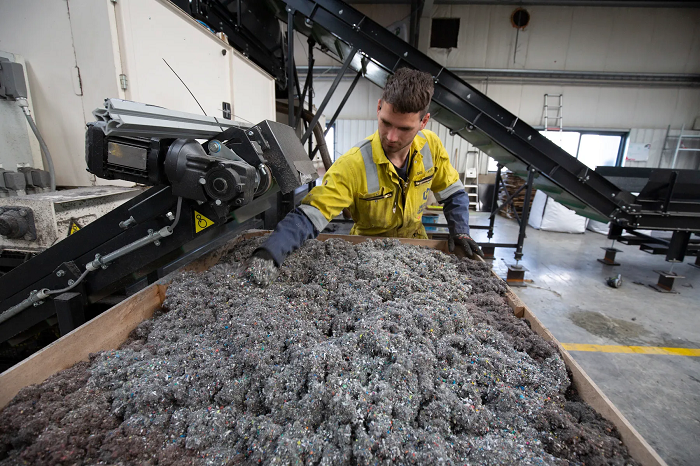"Data from the Taiwan Technical Textiles Association (TTTA) reveals, the island’s output of technical textiles more than doubled at the beginning of the decade reaching NT$130 billion (US$4.2 billion) in 2017. It already accounts for roughly one-third of Taiwan’s total textile output.Based on their use, technical textiles can be divided into 12 sub-categories: agricultural (Agrotech), construction (Buildtech), functional apparel (Cloth-tech), civil engineering (Geotech), curtains and other domestic textiles."
 Data from the Taiwan Technical Textiles Association (TTTA) reveals, the island’s output of technical textiles more than doubled at the beginning of the decade reaching NT$130 billion (US$4.2 billion) in 2017. It already accounts for roughly one-third of Taiwan’s total textile output.Based on their use, technical textiles can be divided into 12 sub-categories: agricultural (Agrotech), construction (Buildtech), functional apparel (Cloth-tech), civil engineering (Geotech), curtains and other domestic textiles (Hometech), filters and other industrial applications (Indutech), healthcare (Medtech), transportation (Mobiltech), environmental protection (Oekotech or Ecotech), packaging materials (Pack-tech), protective textiles (Protech), and athletics (Sportech).
Data from the Taiwan Technical Textiles Association (TTTA) reveals, the island’s output of technical textiles more than doubled at the beginning of the decade reaching NT$130 billion (US$4.2 billion) in 2017. It already accounts for roughly one-third of Taiwan’s total textile output.Based on their use, technical textiles can be divided into 12 sub-categories: agricultural (Agrotech), construction (Buildtech), functional apparel (Cloth-tech), civil engineering (Geotech), curtains and other domestic textiles (Hometech), filters and other industrial applications (Indutech), healthcare (Medtech), transportation (Mobiltech), environmental protection (Oekotech or Ecotech), packaging materials (Pack-tech), protective textiles (Protech), and athletics (Sportech).
Growth in automobile production spurs demand
Currently, demand for Mobiltech and Buildtech is particularly increasing thanks to such factors as strong growth in automobile production in China and China’s Belt and Road infrastructure drive. Among the hot products in Mobiltech are air-bags, automotive engine oil filters and high-speed train gangways. Buildtech includes fabrics used to separate different types of cement, for example in the construction of roads, airports, and subway tubes.
As Huang Po-Hsiung, General Secretary, TTTA says, profit margins for technical textiles are higher than for functional textiles.Many Taiwanese manufacturers supply these technical textiles to international brands such as Nike, Adidas and Under Armour, as they are more specialised and involve less standardised low-value production. It further revealed Taiwan has seen steady annual output growth rates of 3-5 per cent over the last decade and growth remained robust even during the global financial crisis.
Demand for nonwovens increases
According to Huang, most Taiwanese technical-textile makers focus on nonwovens, a category of fabric for which the fibers are bonded together by chemical, mechanical, heat, or solvent treatment, as opposed to being knitted or woven. Taiwanese new investment in non-woven factories has already reached NT$6 billion, illustrating the manufacturers have been enjoying good profits. The outlook is also rosy for smart textiles, a sector where Taiwanese textile and electronics companies cooperate in the development of fabrics with embedded washable sensors.
heat, or solvent treatment, as opposed to being knitted or woven. Taiwanese new investment in non-woven factories has already reached NT$6 billion, illustrating the manufacturers have been enjoying good profits. The outlook is also rosy for smart textiles, a sector where Taiwanese textile and electronics companies cooperate in the development of fabrics with embedded washable sensors.
Cars today typically use between 25 and 50 kg of technical textiles. Fabrics that can help save energy have become more sought-after with the advent of electro mobility, vehicles powered by electric drivetrains rather than fossil fuels. Tests by German carmaker Audi have shown new innovative types of fabric used to heat car seats can reduce electricity consumption for heating by 50 per cent.
Challenges the segment faces
Willy Shih, General Manager, KaeHwa Industrial, a Changhua-based maker of breathable film used in diapers, packaging, and coveralls to protect lacquerers or medical workers, points the speculative hoarding of raw materials in China has contributed to higher raw material prices. The ongoing US-China trade war is also likely to drive down global prices of intermediate products, including technical textiles.
Another difficulty derives from Taiwan’s inability to sign trade agreements with major export markets. KaeHwa in recent years has been compelled to shift some production from Taiwan to Malaysia, to avoid 15-20 per cent ASEAN import duties on Taiwan-made technical textiles. Under the China-ASEAN free-trade agreement, such imports into China from ASEAN countries are tariff-free. The company is considering opening a second factory in Malaysia to serve both the ASEAN and China markets under the preferential tariff regime.












